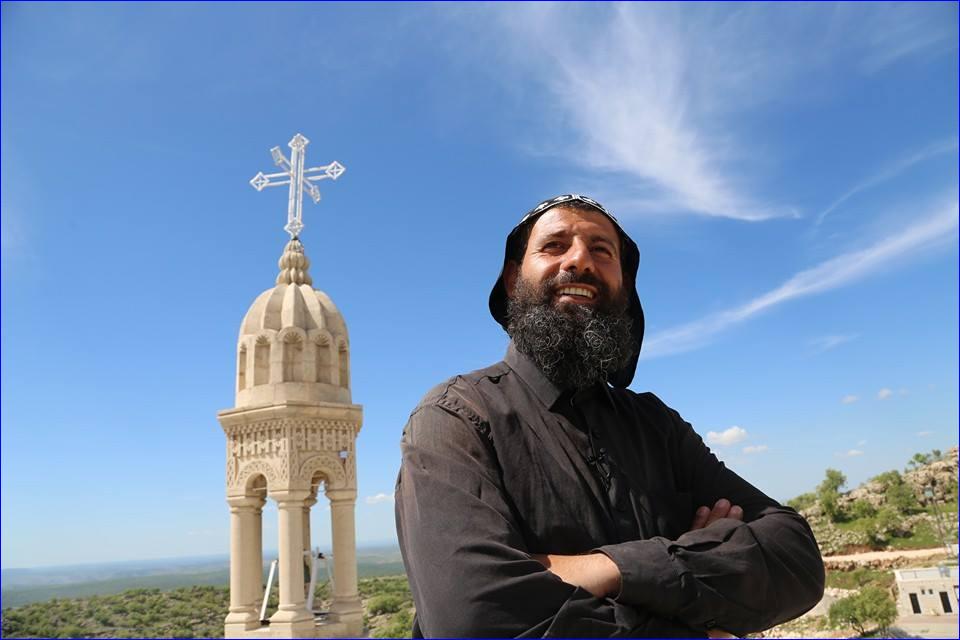


Fr Sefer faces terrorism charges. Prosecutors accuse him of aiding a member of the Kurdistan Workers' Party (PKK), which is outlawed in Turkey, by giving a piece of bread (story). The PKK leader, Abdullah Öcalan, has been in prison since 1999.
The court ordered another postponement with the next hearing scheduled for April.
If convicted, the clergyman could get two to 15 years in jail for giving food to someone who asked for it at the door of his monastery. For his part, the monk recently reiterated his position, namely that he does not know the people who came to the monastery begging for food, and that he opens the door to them "out of Christian charity".
Fr Sefer (Aho) Bileçen is the custodian of the monastery of Mor Yakup (St James), which dates back about 1,500 years. Located in Nusaybin district (Mardin), south-eastern Turkey, on the border with Syria, the historic building has been in a state of neglect since the Armenian genocide of 1915, and it is thanks to Fr Sefer's commitment that it was reopened in 2010.
The monk was arrested on 9 January 2020 as a result of the testimony of an alleged (later repentant) PKK member. Four days later, he was released pending trial, thanks also to a grassroots movement by local Christians who petitioned the authorities to let him go.
The confession of the PKK member remains the key factor in Assyrian priest's indictment. A second witness, also in prison, said he did not know the religious and had heard from others that he gave food to the needy as an act of charity.
The trial comes at a time of rising tensions between Turkey and Western countries and growing violations and abuses against Turkey's Christian minorities.
Recently, an ancient Armenian church went on sale on the Internet, just the latest in a series of controversial episodes showing disrespect for, if not contempt for the country's Christian religious and cultural heritage.
The list includes a barbecue held at the historic Sourp Asdvadzadzi Armenian church and the conversions of the ancient Christian basilicas of Hagia Sophia and Chora into mosques. The latter were turned into museums under the founder of modern Turkey Atatürk.
Such actions have been controversial but they fit in the "nationalism and Islam" policy of Turkish President Recep Tayyip Erdoğan as a way to hide the country's economic woes and help him stay in power.
In both churches, Islamic authorities have covered with white curtains the images of Jesus, as well as frescoes and icons that show their Christian roots.

or register to post a comment.